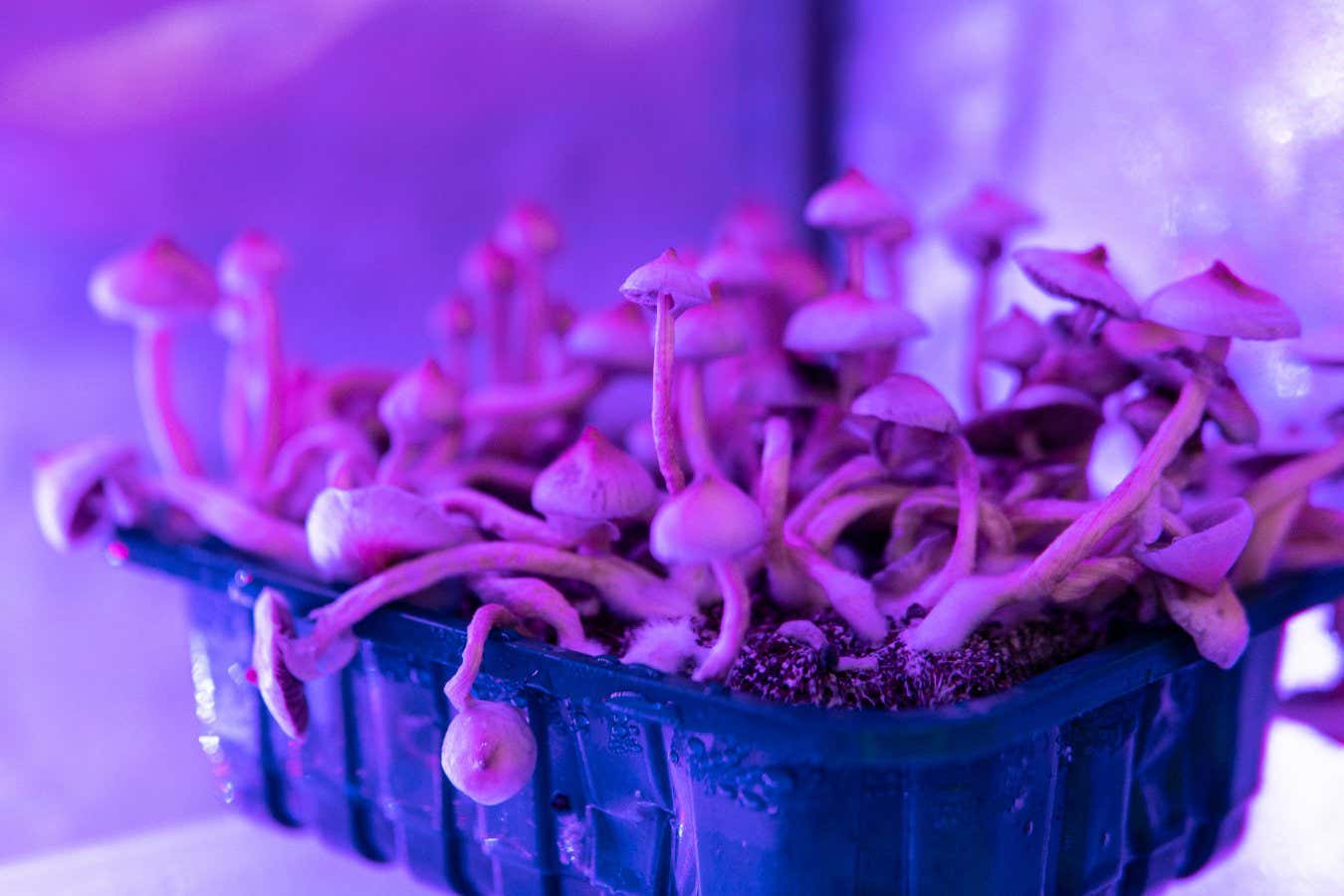Breaking: Mind-Altering Compounds Could Be the New Weapon Against Brain Inflammation

Groundbreaking research suggests that psychedelic compounds such as MDMA and psilocybin could revolutionize mental health treatment. Scientists have discovered these powerful substances may offer hope for individuals struggling with depression, anxiety, and other psychological challenges by uniquely targeting brain inflammation.
Emerging studies indicate that these drugs can potentially reduce inflammatory cells surrounding the brain, which could be a key mechanism in alleviating complex mental health symptoms. This breakthrough offers a promising new perspective on how psychedelic medicines might provide therapeutic relief where traditional treatments have fallen short.
Researchers are excited about the potential of these compounds to not just mask symptoms, but to fundamentally address underlying neurological processes. By modulating inflammatory responses, MDMA and psilocybin may represent a transformative approach to mental health care, opening new pathways for healing and emotional well-being.
While more research is needed, these initial findings represent a significant step forward in understanding the complex relationship between brain chemistry, inflammation, and mental health disorders.
